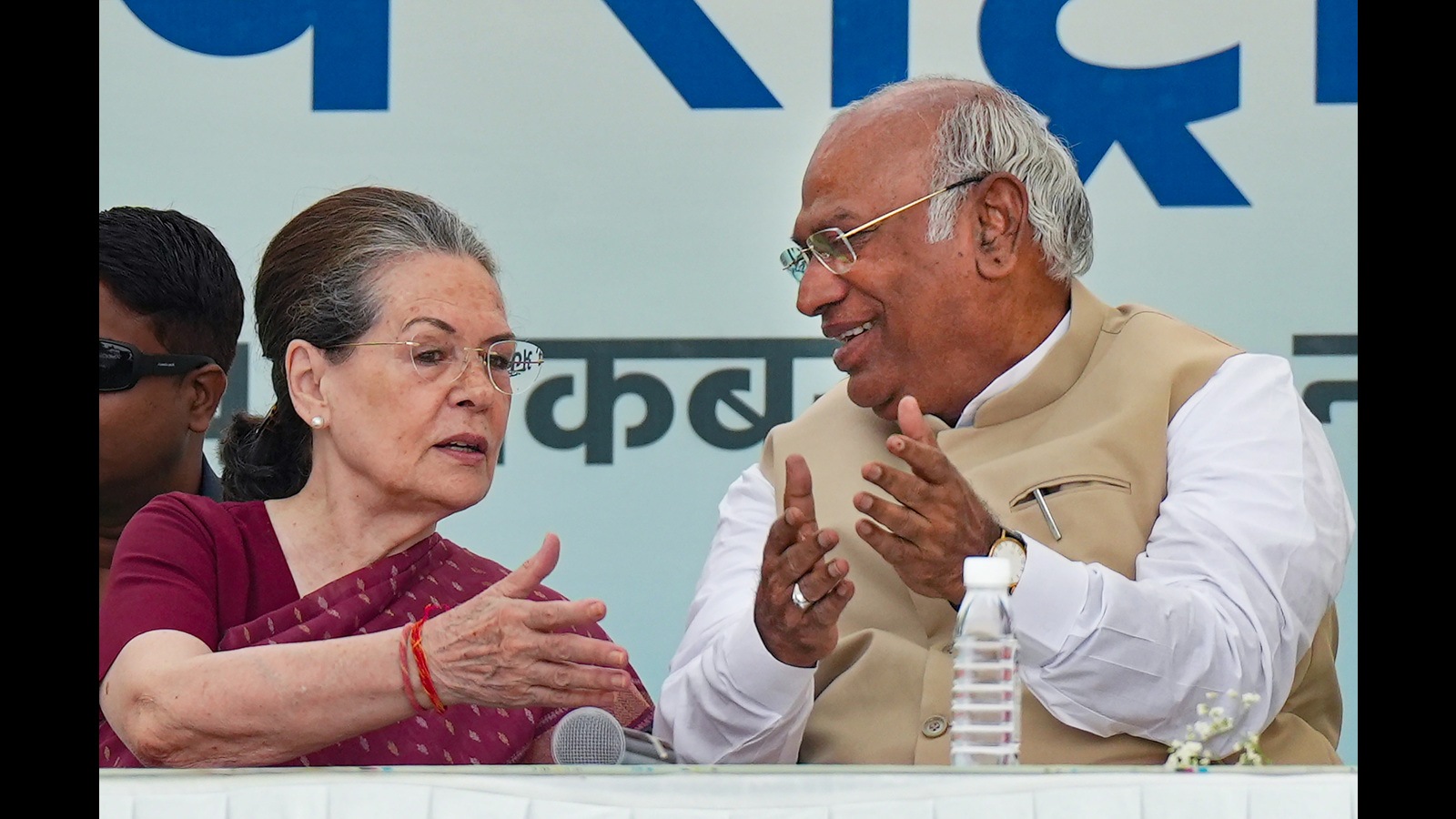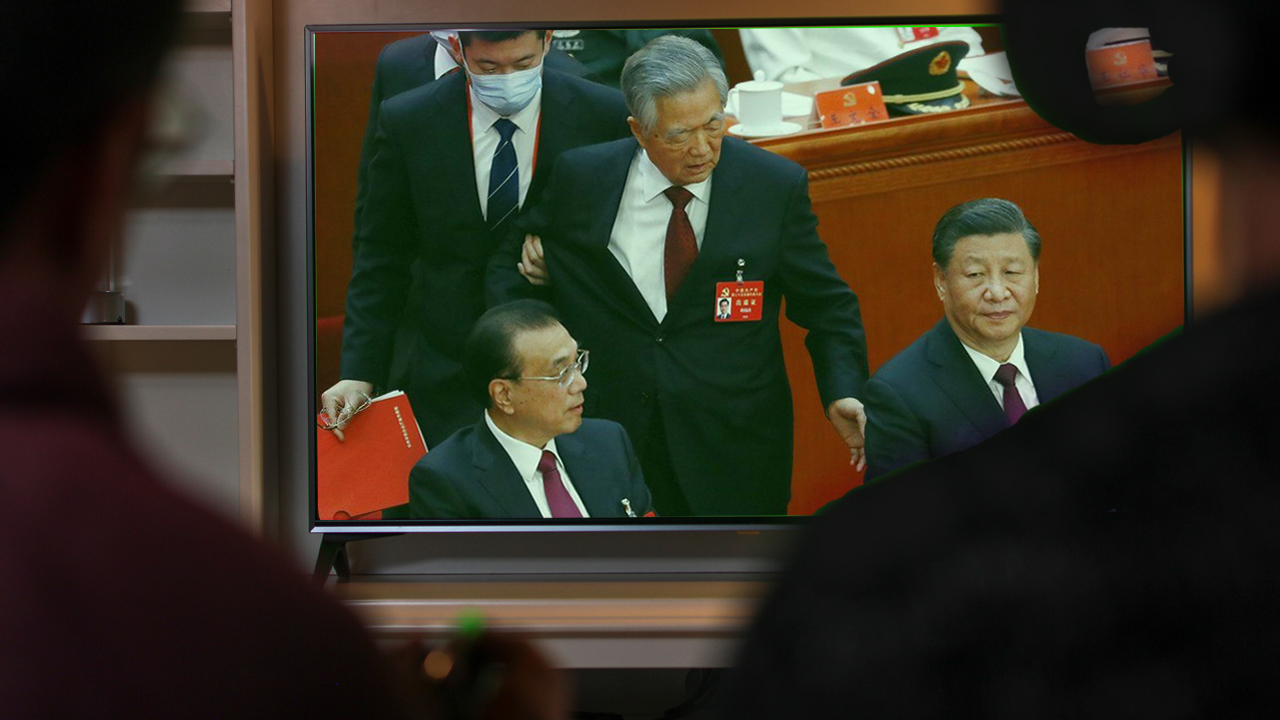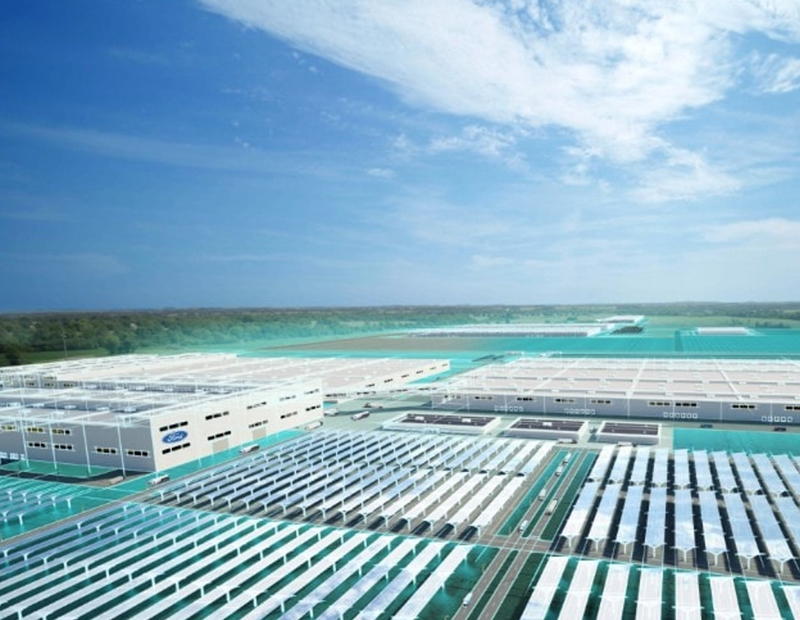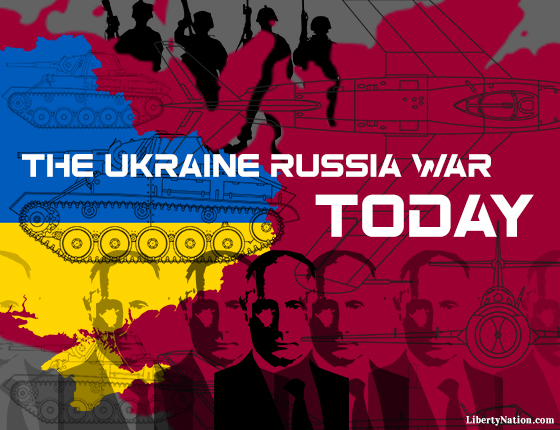The Election Commission of Pakistan disqualified former prime minister (PM) Imran Khan from membership of the National Assembly last week, although he may receive a reprieve from the high court or the supreme court. His transgression was corruption, in that he allegedly sold gifts received from foreign dignitaries as PM and did not make a disclosure of the sale proceeds in his declaration of assets. If this appears disproportionate for a relatively minor, even technical, misdemeanour, the step has to be seen in a larger context of how many political leaders — including PMs — have fared in Pakistan. As PM, Nawaz Sharif was disqualified in 2017 — in effect from any political life — largely on technicalities by a Supreme Court ruling that paved the way for Khan and his Pakistan Tehreek-i-Insaf to win the next election and form the government.
Khan’s own tenure as PM ended in April this year when he was defeated in a vote of no confidence. Ostensibly an opposition combine somehow garnered enough votes to unseat the PM, but there was more to it. In fact, Pakistan’s politics came full circle. Khan’s path to power and Sharif’s downward trajectory were both scripted by the sometimes hidden and often not so hidden hand of Pakistan’s military. The same impulse, by all accounts, drove the Election Commission’s decision. The military decided that the difficulties of dealing with the larger-than-life role Khan was assuming for himself could be erased by levelling the playing field and disqualifying him. Perhaps the aim was to reverse the clock on the 2017 decision on Sharif by creating conditions for it to be reviewed and changed.
Pakistan’s military has a long history of turning on its proteges. It builds up politicians who, once they become PM, decide that they want to be more assertive than just the front for a hybrid regime. This sums up the conundrum of civil-military relations, a fateful factor in Pakistan’s history. Political parties, especially when in opposition, are traditionally willing accomplices when they see advantages arising from a military intervention against an incumbent government. Over the years, new forces have entered as factors in this equation, especially the judiciary. But the major driver remains the military’s constant endeavours to find and encourage the “right sort” of politics and politicians.
For many, what Khan is now being dealt is poetic justice — a bit of his own medicine. The unusual twist, though, are two factors. The first is Khan’s defiance. He is fighting back strongly (he will undertake a long march to Lahore starting Friday in an effort to whip up popular opinion) and this must nuance the stereotype of servile politicians and dominant generals. The second is the large amount of public support he has gathered in the process. In addition to his standard narrative of representing a new kind of politics as compared to the dynasts who dominate politics and engender corruption, he has also harnessed the latent anti-army sentiment amongst many in Pakistan. This was the traditional space of the Pakistan People’s Party and the Pakistan Muslim League (Nawaz) when they were in opposition and even, at times, when they formed the government. Khan is now set to make this space his own. Anti-military defiance is not new in itself in Pakistan but the rhetoric of Khan’s followers has taken it to a different level.
The row over the Election Commission’s decision has coincided with a reiteration by the chief of army staff, General Qamar Bajwa, that he would retire as scheduled at the end of November. This sets to rest continuing speculation, but the looming transition adds to the uncertainties in Pakistan. The first half of Bajwa’s tenure saw the marginalisation of Nawaz Sharif; the closing part of it has seen a reversal of that policy and Khan as the target. The military does have an institutional position on the current turmoil and, for the moment, it has a particularly jaundiced view of Khan’s threats of putting as much pressure as possible and creating a full-blown crisis, unless his demand for early elections is conceded. But a new chief will bring his own views to bear.
The intersection of longer-term structural crises and shorter-term tactical political contestations is not new in Pakistan. Nevertheless, the past few months have been unusual. A tanking economy, debilitating floods and the resurgence of the Tehrik-i-Taliban underwritten by an unsatisfactory geopolitical environment encapsulate one set of headlines. In the immediate future, it is politics that will ride the waves and the drama will play out on different stages — in the streets, in courtrooms and in the counsels of the military barracks. Yet, it is also useful to see another longer-term trend — of a slow and incremental expansion of the civilian and political space in Pakistan, notwithstanding the efforts of the military to limit this process.
TCA Raghavan is a former high commissioner to PakistanThe views expressed are personal
Enjoy unlimited digital access with HT Premium
Subscribe Now to continue reading
















